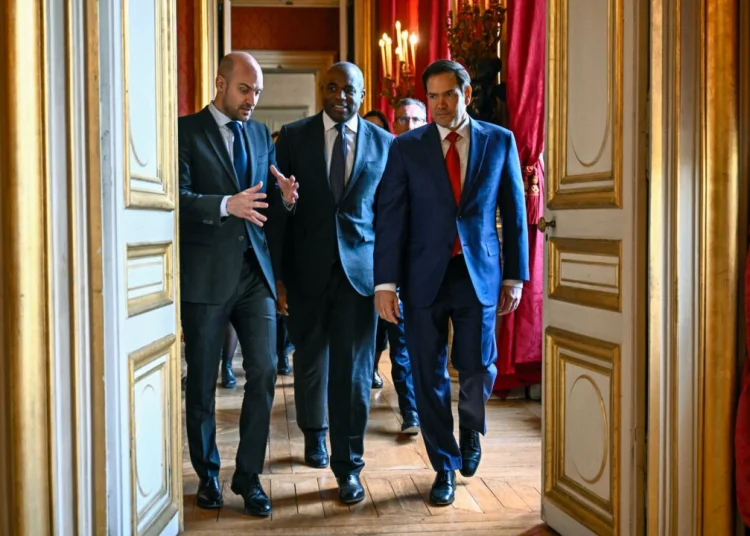A dramatic new account from a diplomatic source suggests that intense, behind-the-scenes pressure from US Secretary of State, Marco Rubio, was the decisive factor in the decision by three European states – France, Germany, and the United Kingdom – to trigger a contentious mechanism to restore UN sanctions on Iran.
A diplomatic source with knowledge of the E3’s internal negotiations has told Iran Nuance that the move was not entirely of the Europeans’ own volition. According to the source, the E3 “had to initiate the snapback mechanism upon instruction from Marco Rubio.”
The source detailed a particularly tense conversation where one of the E3 foreign ministers expressed grave concerns about the potential consequences of triggering snapback, which Iran has warned would lead to a severe escalation.
In response, Secretary Rubio was “offensive,” the source said, and rebuked the minister in harsh terms.
“Marco Rubio blamed him badly and shouted: ’14 August is not gonna be repeated and I’m not gonna be Mike Pompeo’,” the source told Iran Nuance.
The reference is a direct and pointed allusion to a major diplomatic failure by the first Trump administration. On August 14, 2020, then-Secretary of State Mike Pompeo attempted to unilaterally trigger the snapback mechanism at the UN Security Council but failed to secure the necessary support, resulting in a public and “humiliating defeat” for Washington on the world stage.
Rubio’s comment – “I’m not gonna be Mike Pompeo” – implies a determination to exert significant pressure on European allies to ensure they fall in line.
The move by the E3 has already been met with a furious response from Tehran. Iran’s Ministry of Foreign Affairs issued a statement calling the notification “unlawful, baseless, and a political misuse” of the UN resolution, vowing “appropriate responses.” The escalation threatens to unravel years of diplomacy and undermine the ongoing, delicate work of the International Atomic Energy Agency (IAEA) in monitoring Iran’s nuclear program.






